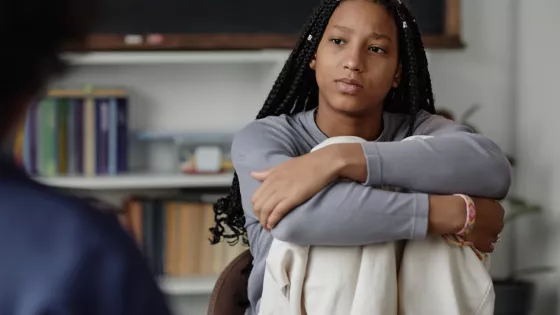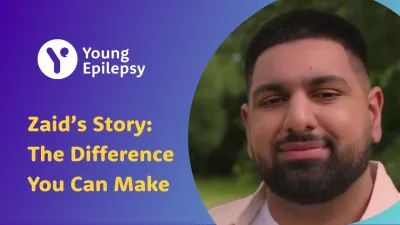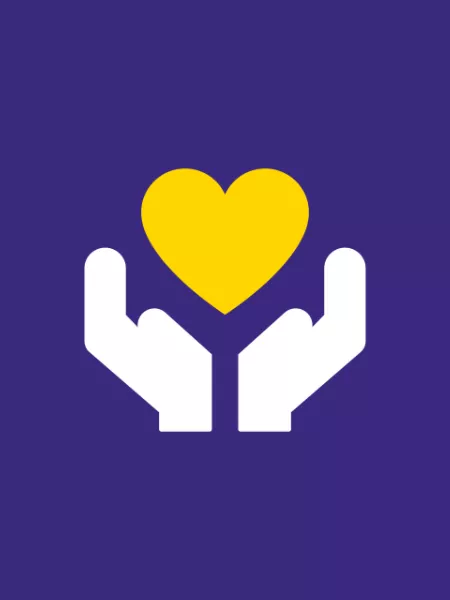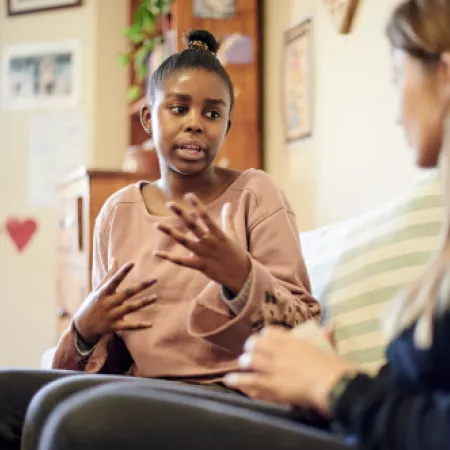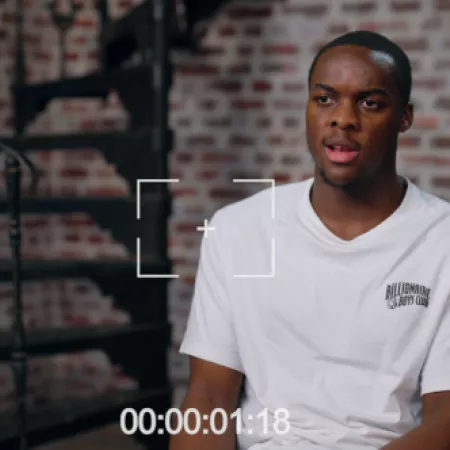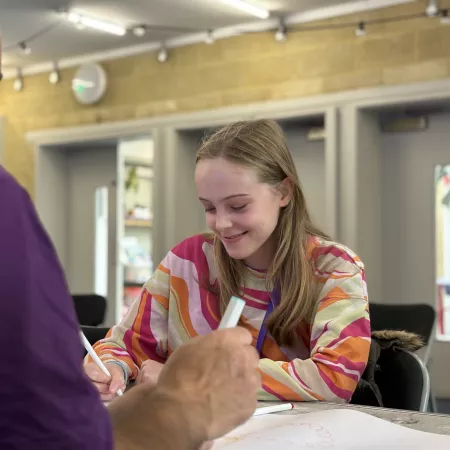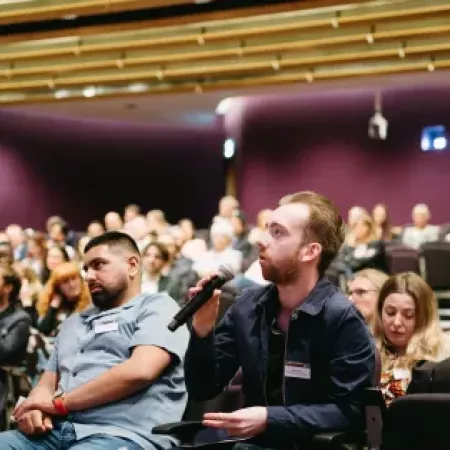Need some help?
We help children and young people with epilepsy to thrive and fulfil their potential. We’re here for you.
Whether you need support to better understand your condition, to deal with challenges you are facing, or to see your future full of potential, our Youth Support team are here to help.
We work with children and young people aged up to 25 years old, who have a range of abilities and needs.
You will find:
- Information about epilepsy, how to manage fears and worries, understand your rights and have your questions answered
- A safe space to speak and ask questions
- A community of young people living with epilepsy, who you can meet and connect, and learn from each other’s experiences
- Help finding the wellbeing support you need
- Support in building resilience, confidence and independence, that’s right for you

